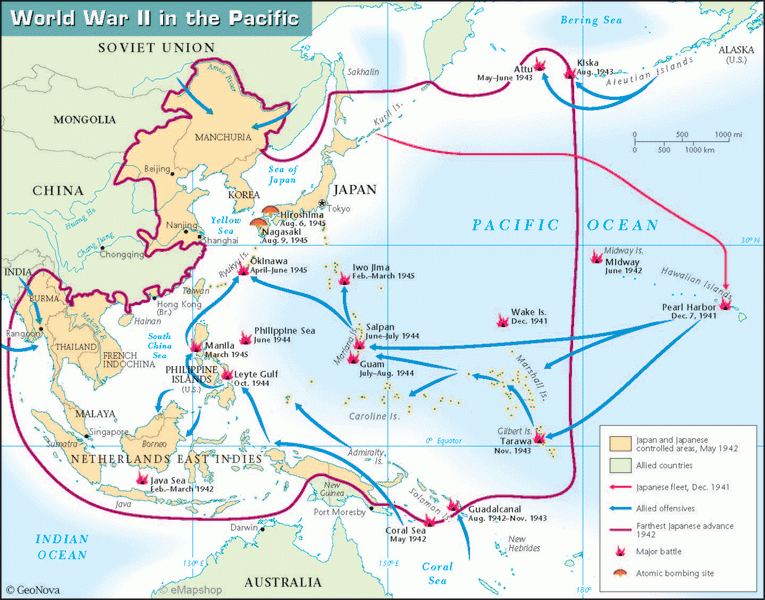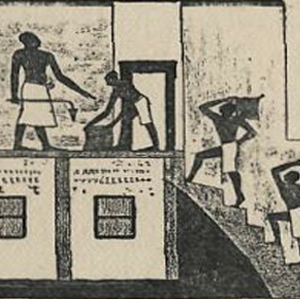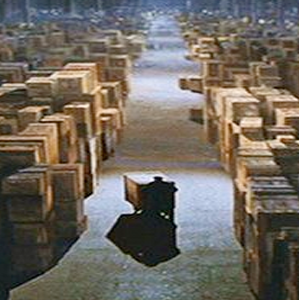Data, Information, Knowledge and Wisdom
In the hierarchy of what we want to find on the internet, wisdom is the top of the heap. On the high ground of the information continents are the foothills of knowledge, leading to the mountain tops where the wisdom sits.
Unfortunately, true wisdom is not easy to find on any specific subject on the internet. The internet is a sea of data, with continents of information.
Think of it this way:
Or, as a ratio:
This hierarchy is a logical order, from the most plentiful but the weakest, to the rare and powerful. Wisdom is the quality of having experience, knowledge, and good judgment; the quality of being wise. Look carefully at this definition of wisdom and you will not find the words data and information. Wisdom does not require data or information, it requires knowledge, experience and good judgment.
Our goal is to help you develop your wisdom. Delivering wisdom is a team effort, a combination of what we do here on this website with our articles and essays and what you do with the content. Yes, your effort is required. Yes, we have tons of knowledge and wisdom created over years of experience of actually practicing supply chain management. We share with you on this website our knowledge and experience. However, we cannot provide you judgment, the third element in wisdom.
Good judgment is something that you can't find in a book, or in a class. Good judgment only comes from your own experience of making decisions, both good and bad decisions. While everyone hates mistakes, we learn from our mistakes. The more painful the mistake the harder the lesson. Mistakes help us develop our good judgment. The embarrassment and pain of mistakes remind us of when we made the wrong decision. Thankfully, most of our mistakes are things that we can see, and we have an opportunity to stop making them.
By sharing our knowledge and experience, sharing with you the thinking behind our decisions in our practice, pulling back the curtains to expose the issues behind the judgments, asking difficult questions and sharing painful experiences, we hope that you can learn from what we present.
What you will find here is, as a good friend calls it, "a metric s&*t ton of work!" It is a living and changing site. Started in 2011 as a simple blog site, our practitioners added to the body of knowledge every day. Between late 2011 and 2015 the authors crafted over 1,000 articles and essays. Some of the articles pertain to events that occurred at specific points in time. Some of the articles are timeless. But all the articles included here contain valuable insights and information you can learn from and apply every day. In May 2017, we launched into rebuilding the site, changing the format and creating more structure using topics, which you find here. We are continuously reviewing all of the content, updating and improving. Browse, read, think. Tell us what you want to see. As I said, you have to work too.
Wisdom is the principal thing; therefore get wisdom: and with all thy getting get understanding.
Book of Proverbs, Chapter 4, Verses 5 & 7
Topics
Topic Summary
The Art of Analysis
Do you think?
Leadership
Leadership is an activity, not a subject. Leadership is something you do. Building a strong organization; developing a consistent and successful routine; communicating with clarity of purpose; maintaining high standards; keeping a capable and loyal support staff. These are all active tasks and responsibilities.
Looking at successful leaders in the supply chain and logistics community today, and at legendary historic figures such as Winston Churchill--who successfully navigated what is arguably one of the most difficult leadership positions ever held--we see that they all exhibit the same key behaviors and practices in their path to success.
Warehouse Operations
Transportation Management
Inventory Management
Facility Design









